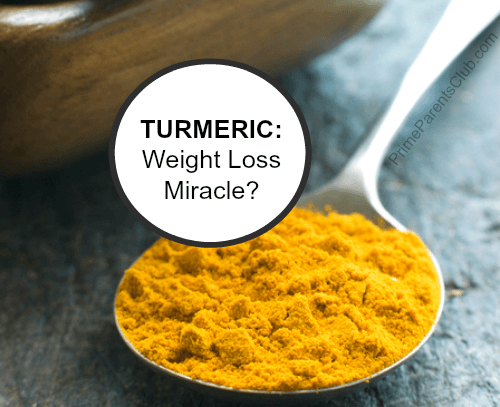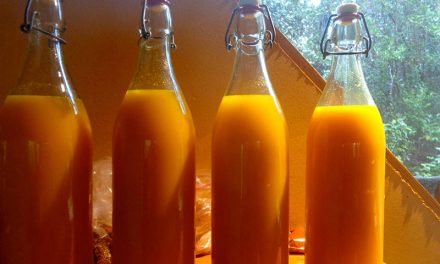
Turmeric Extract May Be An Ideal Weight Loss Supplement
In the new study titled, “Curcumin induces brown fat-like phenotype in 3T3-L1 and primary white adipocytes,” Korean researchers established for the first time that curcumin is capable of inducing browning of white fat cells (adipocytes) through at least four different mechanisms:
1. By enhancing the expression of brown fat specific genes. This is a form of nutrigenomic “epigenetic modification,” which means that a nutrient is capable of altering a cell’s patterns of gene expression “from the outside in,” as it were, resulting in significant changes in the structure and function of the cells involved.
2. By stimulating the production of new mitochondria, as evidenced by increased activity of the electron transport chain and increased fatty acid oxidation. Mitochondrial biogenesis can be stimulated with other natural substances and therapeutic modalities and is an intervention that may be of special benefit in age-associated loss of muscle and brain function, enhancing athletic performance, and in improving mitochondrial disorders.
3. By increasing protein levels of hormone-sensitive lipase and p-acyl-CoA carboxylase, two markers that play a role in increasing fat-degrading processes (lipolysis) and the suppression of new fat production (lipogenesis).
4. By increasing the activity AMP-activated protein kinase (AMPK). AMPK activity is something of a cellular metabolic master switch that improves metabolic homeostasis, which is often out of balance in overweight and obese individuals.
In addition to these four mechanisms of action contributing to curcumin’s brown fat supporting properties, the researchers also noted that because curcumin is a well-established anti-inflammatory agent, and because obesity and its various co-morbid states such as diabetes and cardiovascular disease are conditions that involve upregulated and unremitting inflammatory and/or or dysregulated inflammatory response, curcumin’s anti-obesity effects may be in part due to its inflammation-reducing properties.
One additional relevant mechanism of action not discussed in this study, but recently identified in a study published earlier this year in the journal Molecular Medicine Reports, is curcumin’s ability to induce programmed cell death (apoptosis) in white fat cells. This may contribute permanently to reducing the overall ability of the body to store unhealthy fat.
The study authors concluded,
“Our findings suggest that curcumin plays a dual modulatory role in inhibition of adipogenesis as well as induction of the brown fat-like phenotype and thus may have potential therapeutic implications for treatment of obesity.”
This was originally published on GreenMedInfo.com by author Sayer Ji.












